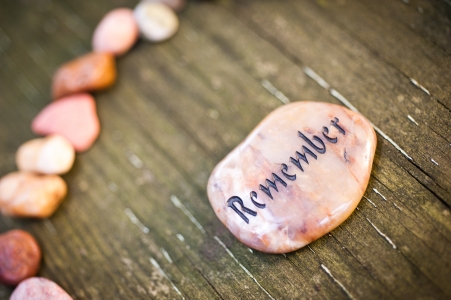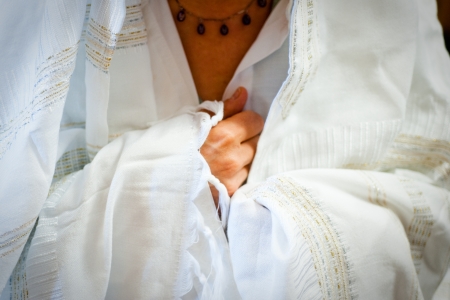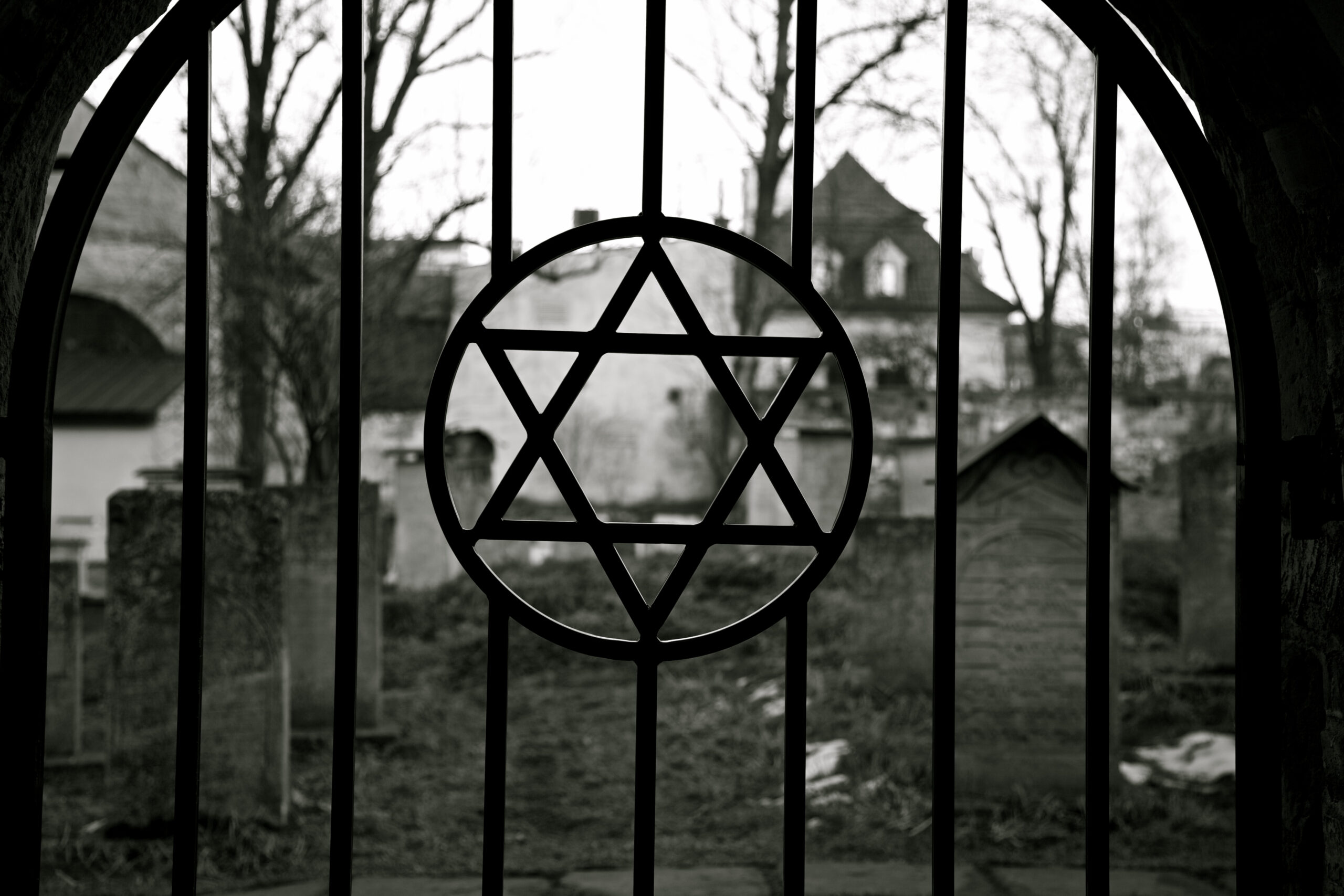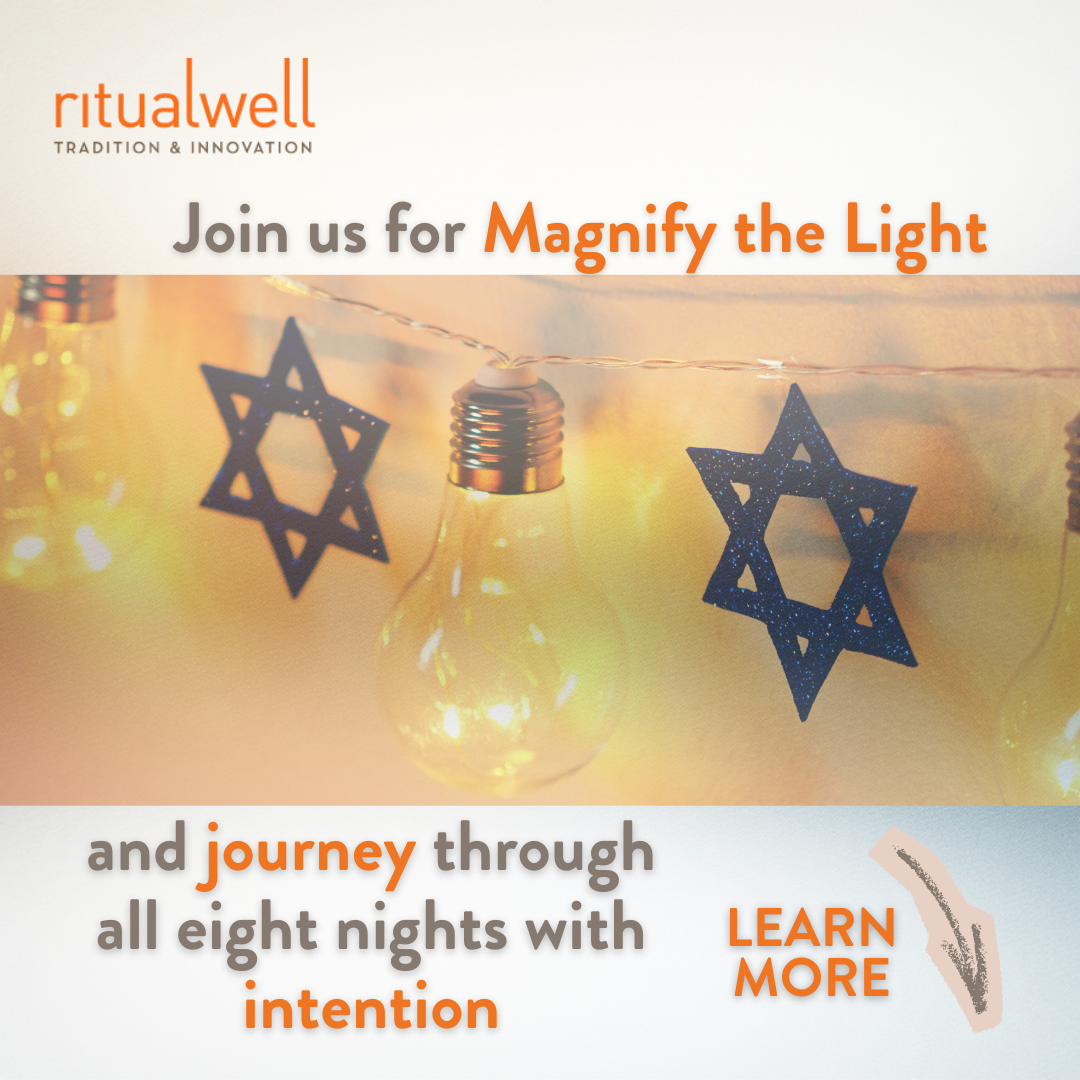ELEH EZKERAH is a medieval poem based on midrashim from the 5th and 6th centuries, which recounts the martyrdom of ten rabbis who were killed by the Romans following the destruction of the Second Temple. These midrashim detail the rabbis’ deaths by various kinds of torture for the crime of continuing to teach Torah.
The poem begins, “Eleh ezkerah v’nafshi alai eshpekha” – “These I remember and I pour out my soul” – a verse from Lamentations.
Rabbi Akiva story – from Talmud Berahot – read it aloud in pairs.
So the poem ELEH EZKERAH contains this kind of material – portraits of ten Sages martyred for deliberately persisting in outward Jewish behavior. Many questions have been asked about this liturgical poem: historical accuracy of the portrayals; theological stances; function of including this poem at this point in the Yom Kippur service… and the overarching question for many is: what is the relevance of this poem to the modern reader?
Wanting to provide more context for the modern reader, most Machzor publishers added other readings to accompany the Eleh Ezkerah poem – readings and poems providing portraits of Jews killed in other historical persecutions: the Crusades, porgroms, and the Holocaust. So, in most modern machzorim, you will find both the original stories of Sages killed for their heroic choice to Jewishly resist the Romans, and also stories of Jews who were merely caught up in a systematic killing machine.
And why today on Yom Kippur? Isn’t mourning our lost Sages most appropriate to Tisha B’Av? And isn’t mourning victims of the Nazis most appropriate on Yom haShoah?
It’s hard to create a sound and helpful theology around any of these deaths. And it becomes harder when the categories of deliberate martyrs and ordinary citizens who were victims of wholesale genocide are combined.
And what are we to take from these stories? Were the deaths of the Sages more brave? Were the unprovoked killings of the generic victims more egregious?
Is the purpose of the Eleh Ezkerah poem (or section) to encourage us to consider what constitutes a meaningful death?
We’ve experienced many deaths in our local community – especially last year and this year. In the U.S. and the larger world, war, racial and ethnic violence, poverty, exposure to toxic chemicals, preventable car accidents, hurricanes, earthquakes, etc., cause countless deaths.
I have zero inclination to speak of meaningful deaths. Death is not the point. Life is.
Does it take talking about death to bring us to awareness that our time to do good here on earth is limited? Maybe so. And if so, OK.
Because life is the point. Life, the renewal of life, the deepening of life – this is the point of Yom Kippur.
רַבִּי טַרְפוֹן אוֹמֵר, הַיּוֹם קָצָר וְהַמְּלָאכָה מְרֻבָּה, וְהַפּוֹעֲלִים עֲצֵלִים, וְהַשָּׂכָר הַרְבֵּה, וּבַעַל הַבַּיִת דּוֹחֵק:
Rabbi Tarfon said: The day is short and the work is much, and the workers are lazy and the reward is great, and the Master of the house is pressing.
Eleh mah she’ani ezkor… this is what I will remember… ha yom katzar v’ ha-malakha me’rubah – The day is short and the work is much – we dedicate ourselves anew to living deeply.
Eleh mah she’ani ezkor… this is what I will remember…













